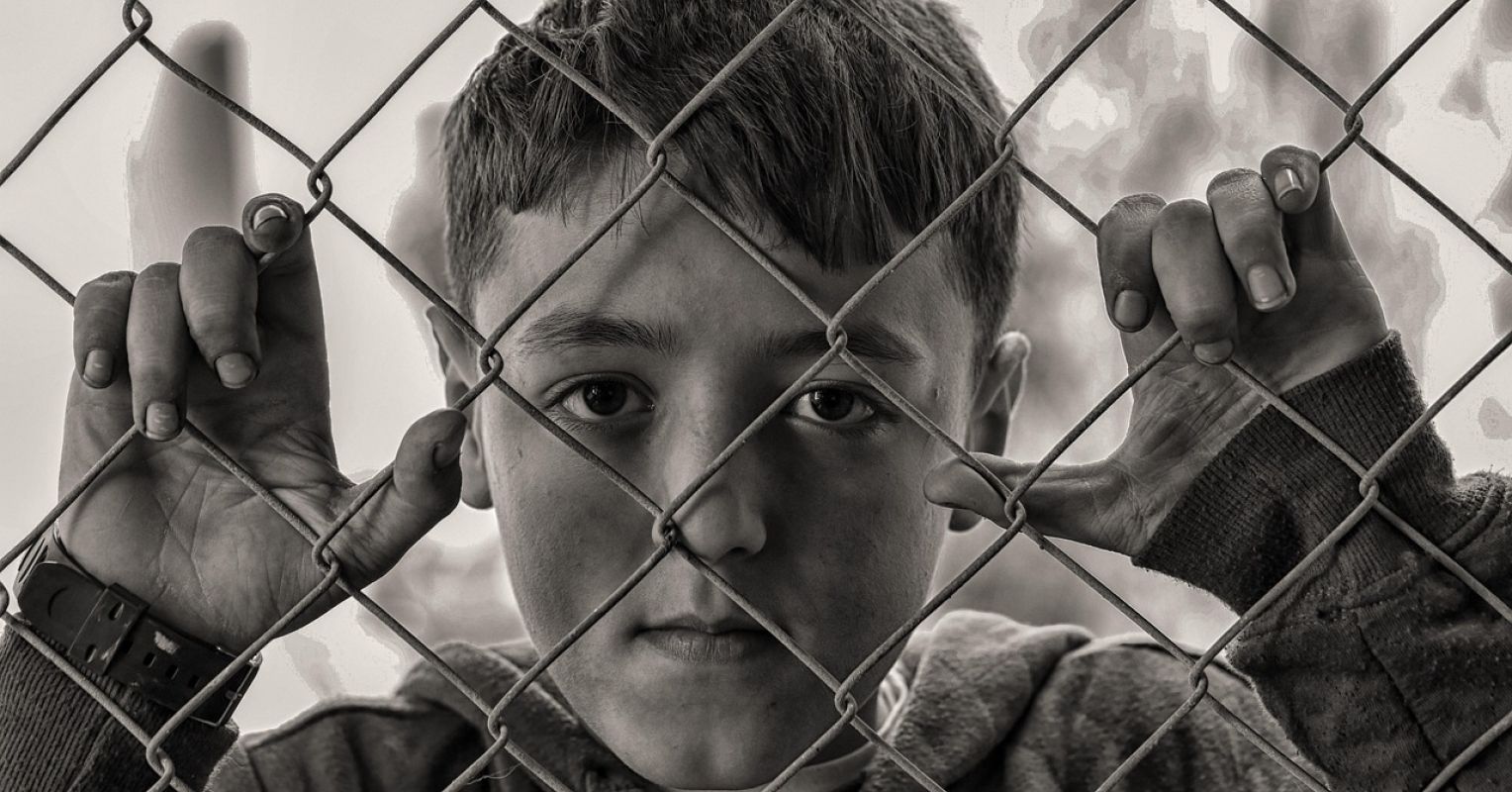
"When children grow up with neglect and/or abuse, they tend to personalize it, taking full responsibility for it. Their understanding of cause and effect is straightforward: 'I cause whatever is done to me.' This belief is often reinforced by scolding adults."
"As they age, children learn about justice, fairness, and order, which reinforces the idea that good things happen to good people and bad things happen to bad ones, forming the foundation of their perfectionism."
Children who experience neglect or abuse often internalize the trauma, believing they are to blame for adverse events. This simplistic understanding of cause and effectâ"I cause whatever is done to me"âis further complicated by adults reinforcing such beliefs through scolding. Over time, children develop perceptions around morality, where good actions produce good outcomes, intensifying perfectionism as a means of surviving their circumstances. This mindset can hinder their personal growth, leading to deep-seated feelings of inadequacy and distrust in relationships.
Read at Psychology Today
Unable to calculate read time
Collection
[
|
...
]